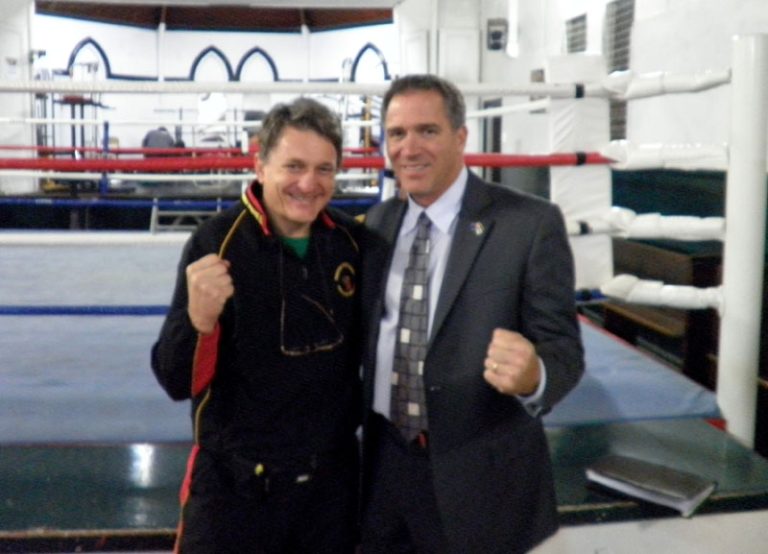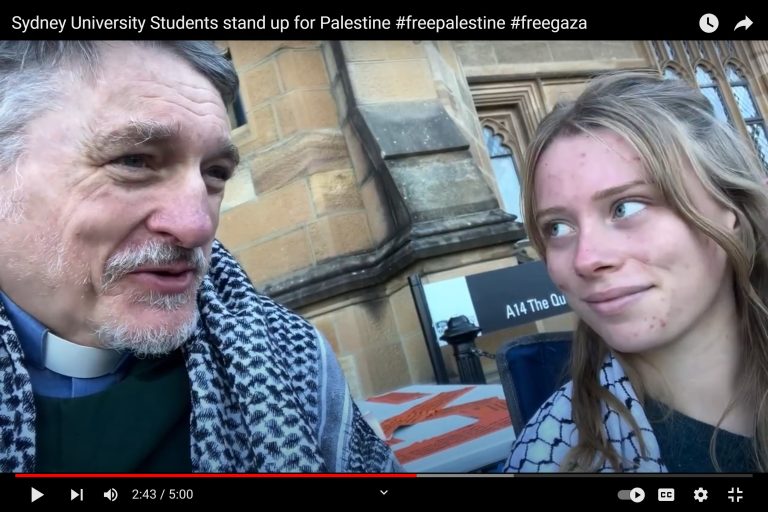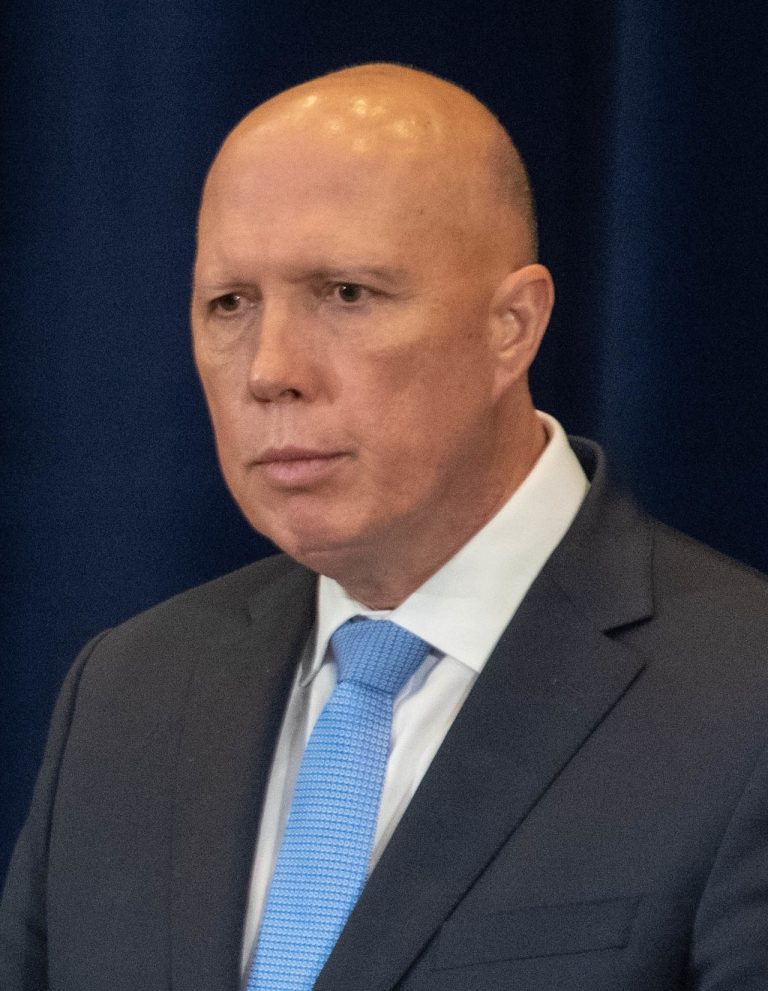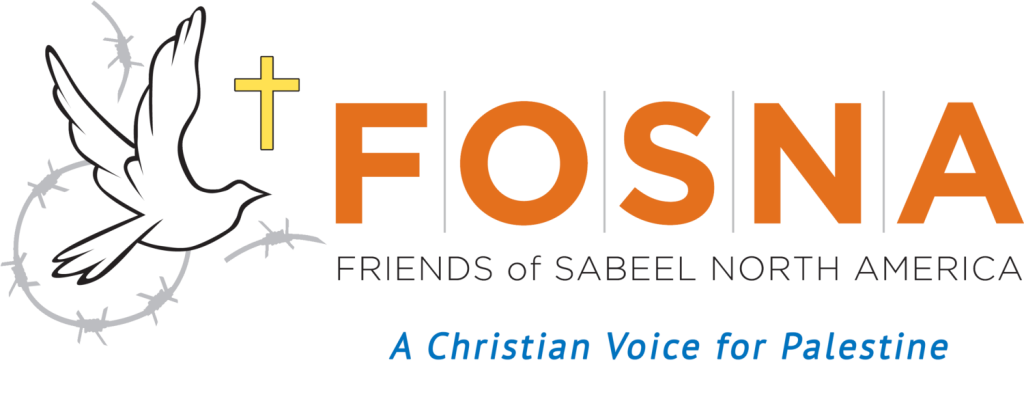
SABEEL WAVE OF PRAYER
22 JULY 2024 The Israeli military continues its relentless bombing of Gaza through weapons supplied by several countries, most of which is provided by the US. The headquarters of the UN agency for Palestinian refugees in Gaza has been destroyed and the man-made famine is increasing to unimageable levels. Moreover, the highly infectious polio virus has been found in sewage samples in Gaza, putting thousands of Palestinians at risk of contracting a disease that can cause paralysis. • God of the broken and destitute, we come to





